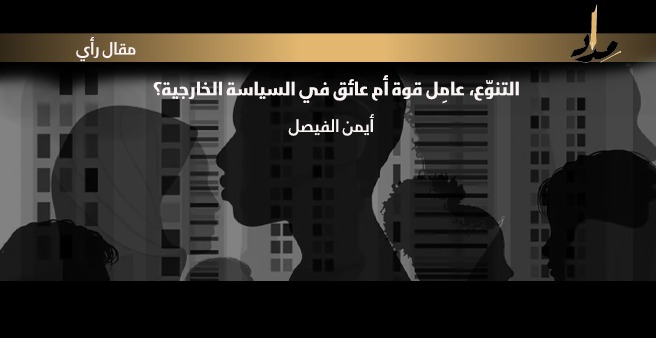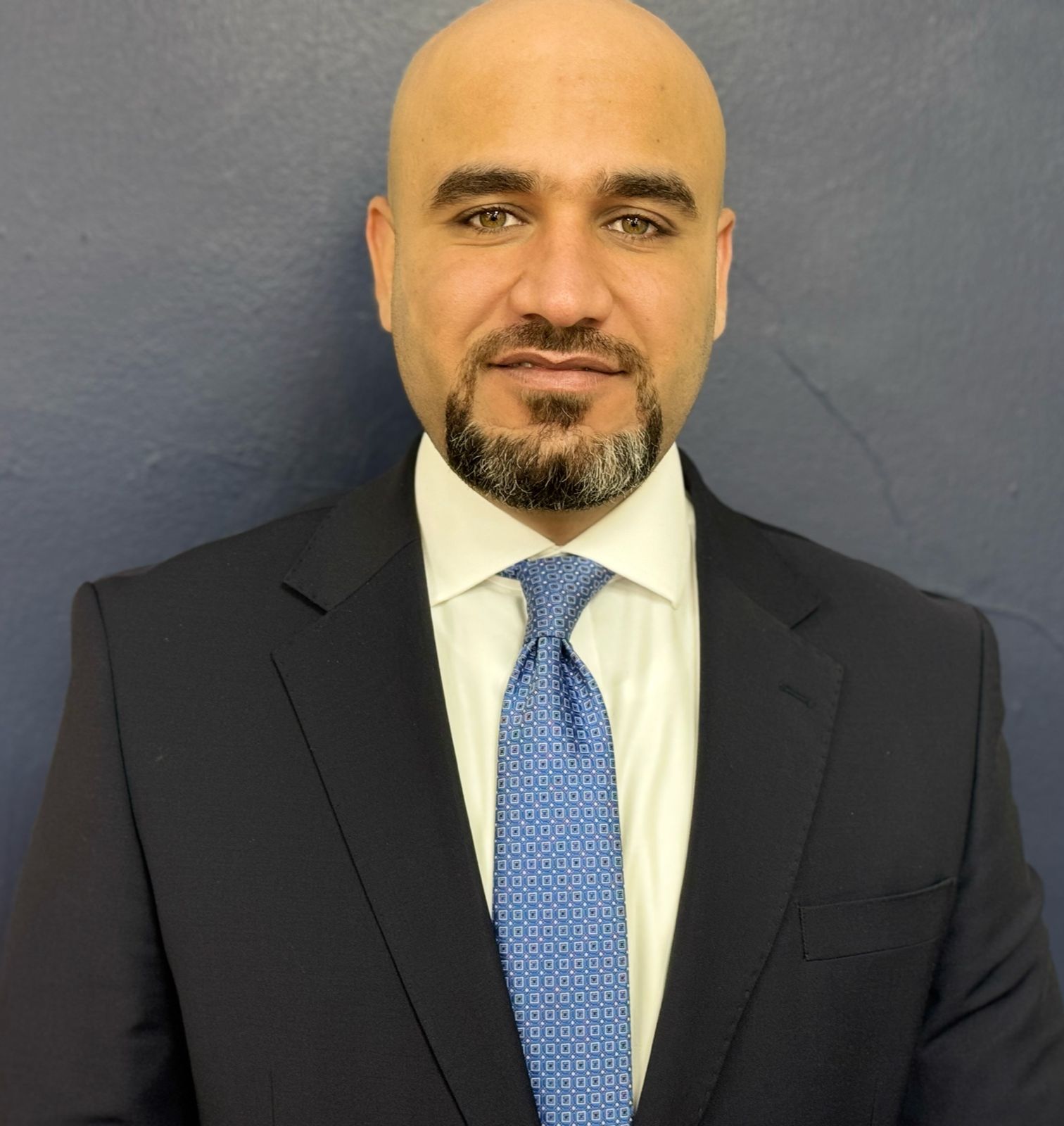 2025 / 15 / Jun
2025 / 15 / Jun
In a phase marked by the intertwining of domestic and foreign decision-making, diversity has emerged as a phenomenon that touches the core of the state, both internally and externally. This diversity—religious, cultural, linguistic, and ethnic—raises questions about whether it constitutes a diplomatic asset or a point of weakness. Political diversity within the state directly influences how it formulates its diplomatic mechanisms and interacts with regional and international actors. The state faces two options: skillfully managing its diversity and turning it into a source of influence through soft power, or allowing it to interact with internal conflicts, leading to fragmentation that is reflected in its foreign decisions. Iraq is a vivid example of this challenge; despite its diverse ethnic and religious components, it has not properly invested in this diversity to enhance its diplomatic position. Instead, this diversity has often manifested as internal divisions regarding regional and international issues.

Researcher and academic